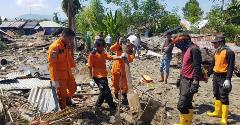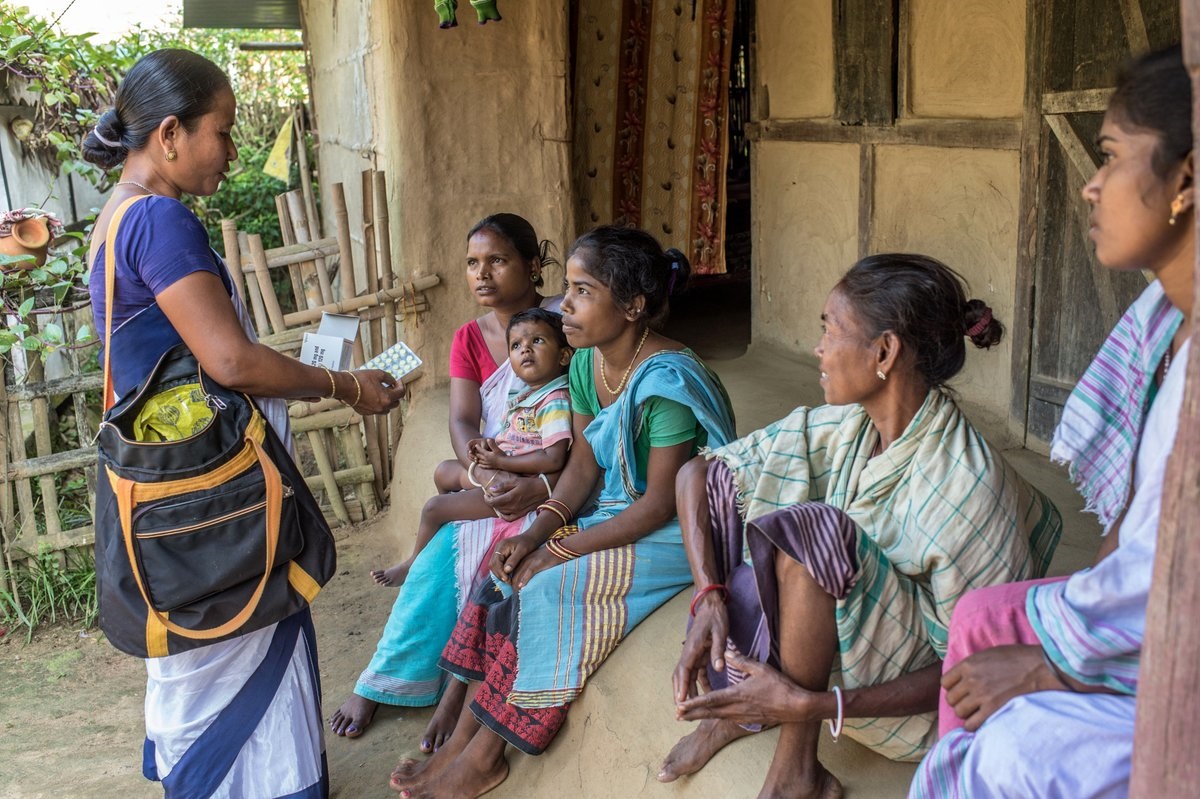Acting Regional Director, WHO Western Pacific Region, Dr Zsuzsanna Jakab; Director-General, OECD Korea Policy Centre, Mr Daesik Lim; distinguished country representatives; colleagues, partners and friends,
Good morning and welcome to this seventh meeting of the Asia-Pacific Network on Access to Medicines under Universal Health Coverage (UHC).
My sincere gratitude to all participants for your relentless efforts throughout the COVID-19 response to maintain access for all to good quality, affordable medicines, which is critical to fulfilling the Right to Health.
From so-called ‘lockdowns’ to travel bans, broken supply chains and rapid surges in demand, you faced unprecedented challenges.
And although not every challenge was met, together we learned a range of key lessons that will help strengthen supply chain resilience and improve access to medicines in future health emergencies, which is a core focus of this meeting.
Today, you are aware: COVID-19 is no longer a global health emergency.
But while the direct health impact has ebbed, its social and economic impacts persist, exacerbating what were already high levels of out-of-pocket (OOP) spending on medicines across the Asia Pacific, including in the South-East Asia Region.
In 2020, in more than half of the Region’s countries, household OOP spending accounted for more than a third of total health spending, and was predominantly driven by spending on medicines, especially among the poor.
This represents a major barrier to achieving UHC, which since 2014 has been a Regional Flagship Priority Programme, with a focus on precisely this issue – improving access to good quality, affordable medicines.
The upshot is that today, in the shadow of the COVID-19 crisis, countries have a unique opportunity to make critical reforms that improve access to good quality, affordable medicines, drawing on the matchless experience this Network offers.
For example, on pricing, we see that all countries in the South-East Asia Region – and no doubt many in the Western Pacific – employ at least one set of pricing policies to control and manage pharmaceutical expenditure, such as promoting the use of quality assured generic and biosimilar medicines, or the use of tax exemptions or tax reductions for medicines and medicine ingredients.
But today, let us ask: What other policies and mechanisms could rapidly accelerate impact, for example pooled procurement or increased price transparency between countries?
On supply chain resilience, we see growing interest in the Region and across the Asia Pacific in expanding local production capacity and strengthening good manufacturing practices.
To facilitate this, today, let us consider how best to increase technical collaboration, mentorship, and knowledge-sharing across the Asia Pacific, while better utilizing existing TRIPS flexibilities.
And on the rational selection and procurement of essential medicines, we have witnessed unanimous uptake in our Region of National Medicines Policies and national Essential Medicines Lists, both of which maximize efficient resource allocation and increase equitable access.
However, today, let us identify how best to ensure that those tools remain up to date and rapidly respond to changing health needs and an evolving health landscape.
And let us also look at ways to strengthen public procurement agencies, which can play such a crucial role in improving equitable access to quality essential medicines, and will be the focus of a Regional workshop in July.
Finally, on improving access at the primary health care level (PHC) – especially to address noncommunicable diseases – we see tremendous commitment that is aligned with Region-wide efforts to reorient health systems towards quality, accessible, affordable and comprehensive PHC, and which also reflect our 2018 Delhi Declaration on Improving Access to Essential Medical Products.
For this, let us establish clearly – and comprehensively – the policies, packages, tools and interventions that will drive rapid and equitable progress, and the key lessons that countries can share.
Which brings me to my message: the importance of collaborative learning to accelerate health impact – exactly what this Network was designed to achieve.
While it is true that each country must define its own path towards ensuring access for all to good quality, affordable medicines – and more broadly, for achieving UHC – for many countries the route will be similar.
By sharing maps and coordinates, signposts and trail-markers, together we will reach our destination quicker.
And we must keep in mind: In the recovery from the COVID-19 crisis, the need to rapidly arrive could not be more urgent.
So today, I urge you to make the most of this opportunity to learn, to share, to question and explore.
Because I am certain you agree: Although our challenges are immense, our opportunities to drive rapid, far-reaching progress are unprecedented.
I once again welcome you to New Delhi and wish you a productive and path-breaking meeting.
Thank you.







